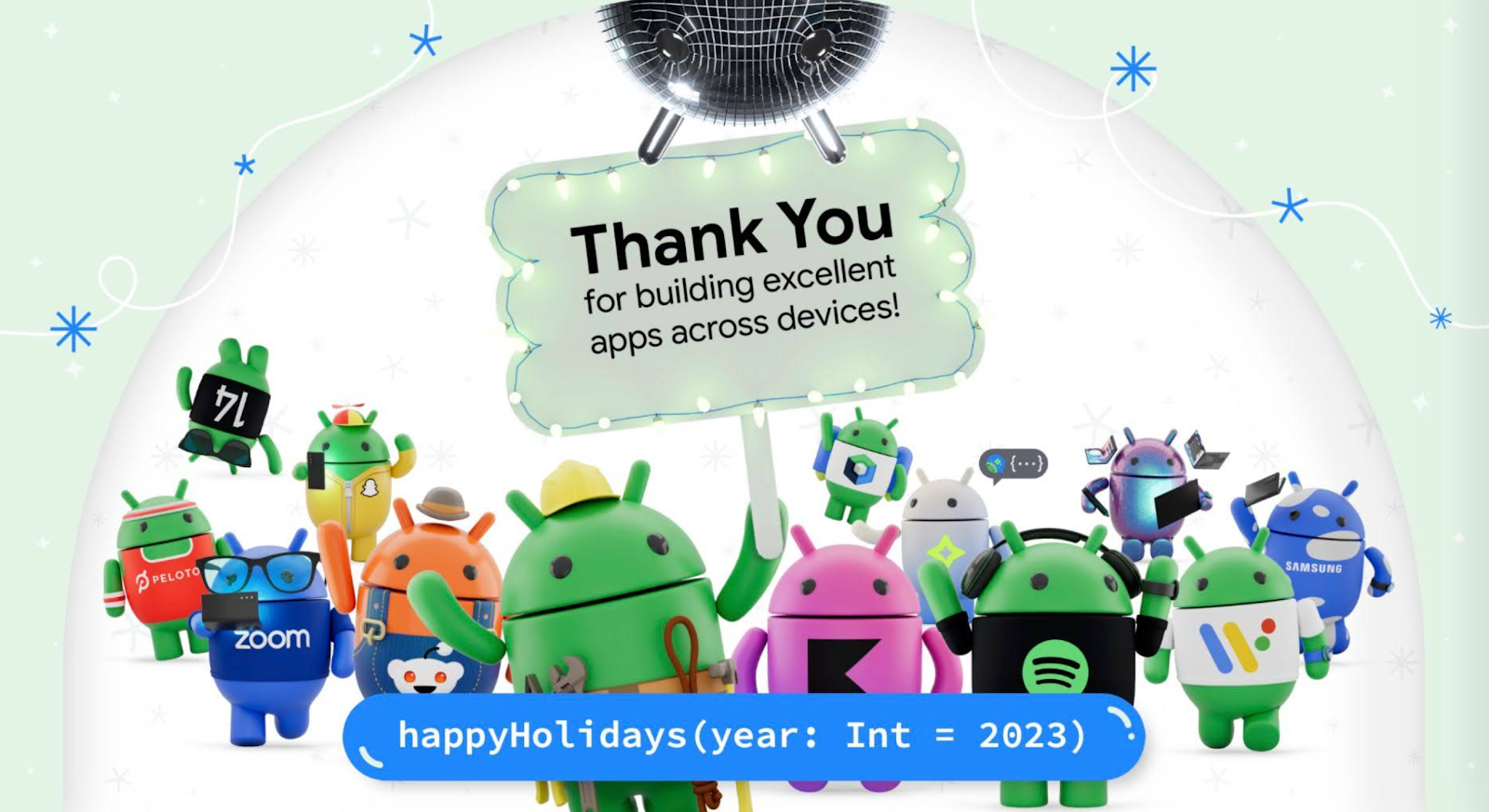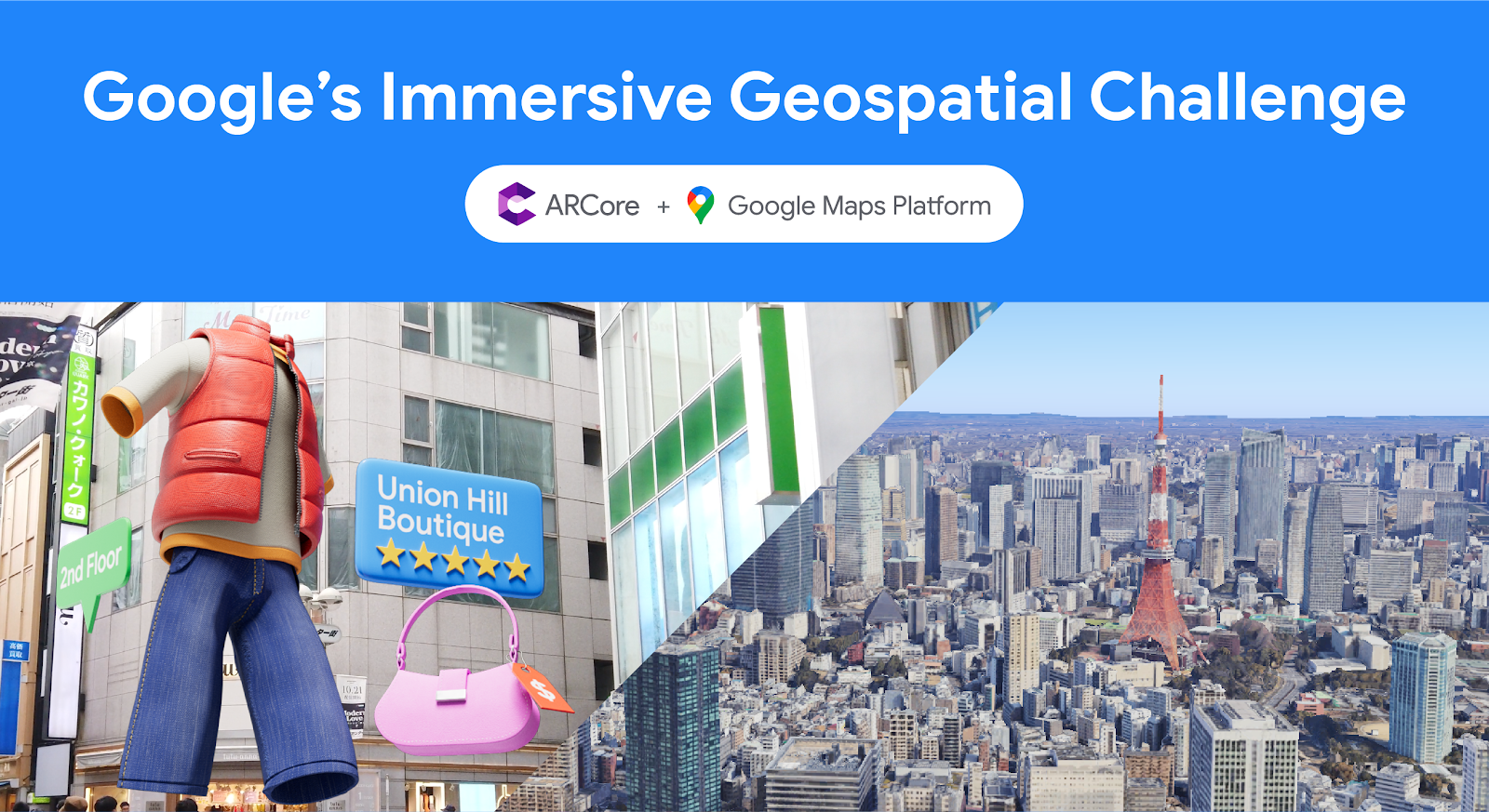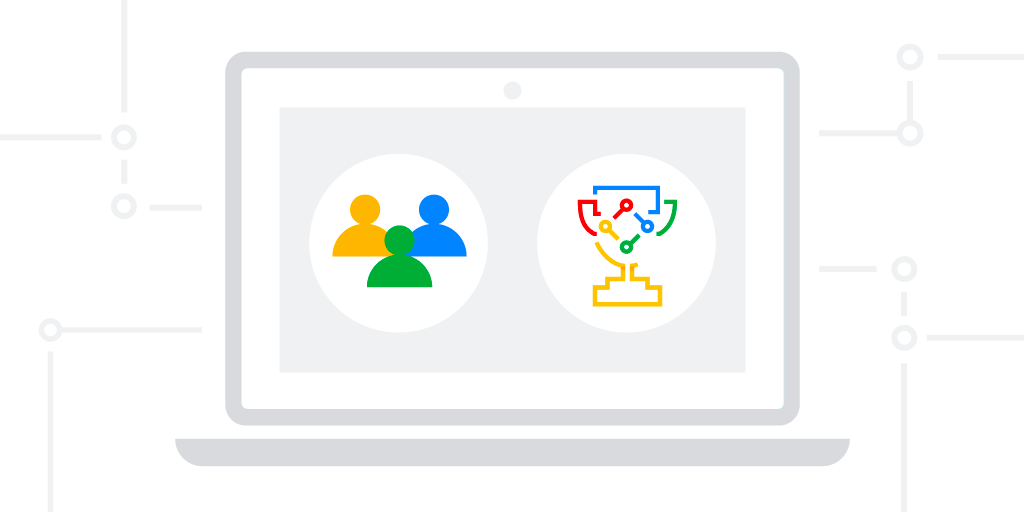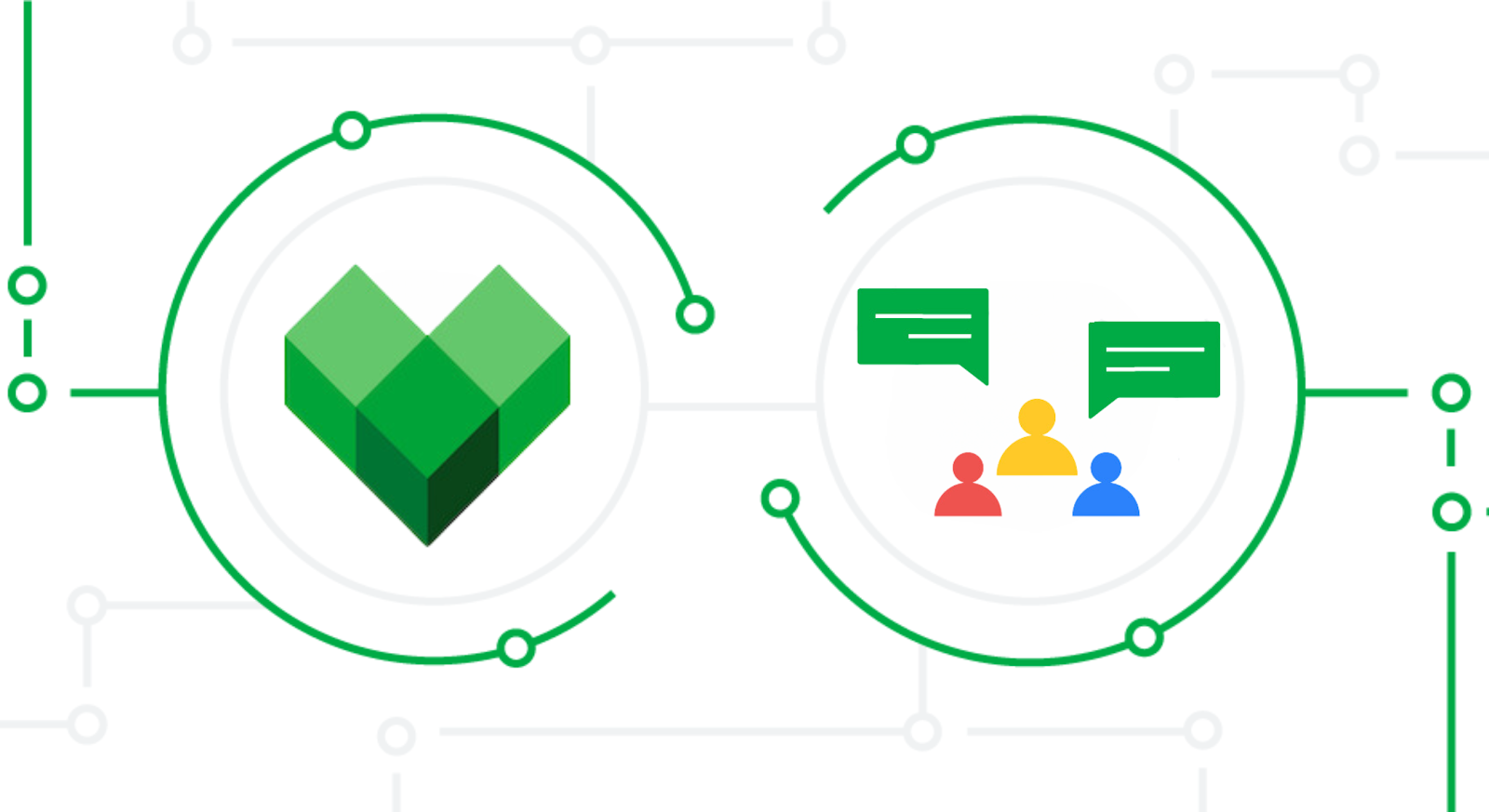
As a platform, we strive to help developers responsibly build new businesses and reach wider audiences across a variety of content types and genres. In response to strong demand, in 2021 we began onboarding a wider range of real-money gaming (RMG) apps in markets with pre-existing licensing frameworks. Since then, this app category has continued to flourish with developers creating new RMG experiences for mobile.
To ensure Google Play keeps up with the pace of developer innovation, while promoting user safety, we’ve since conducted several pilot programs to determine how to support more RMG operators and game types. For example, many developers in India were eager to bring RMG apps to more Android users, so we launched a pilot program, starting with Rummy and Daily Fantasy Sports (DFS), to understand the best way to support their businesses.
Based on the learnings from the pilots and positive feedback from users and developers, Google Play will begin supporting more RMG apps this year, including game types and operators not covered by an existing licensing framework. We’ll launch this expanded RMG support in June to developers for their users in India, Mexico, and Brazil, and plan to expand to users in more countries in the future.
We’re pleased that this new approach will provide new business opportunities to developers globally while continuing to prioritize user safety. It also enables developers currently participating in RMG pilots in India and Mexico to continue offering their apps on Play.
- India pilot: For developers in the Google Play Pilot Program for distributing DFS and Rummy apps to users in India, we are extending the grace period for pilot apps to remain on Google Play until June 30, 2024 when the new policy will take effect. After that time, developers can distribute RMG apps on Google Play to users in India, beyond DFS and Rummy, in compliance with local laws and our updated policy.
- Mexico pilot: For developers in the Google Play Pilot Program for DFS in Mexico, the pilot will end as scheduled on June 30, 2024, at which point developers can distribute RMG apps on Google Play to users in Mexico, beyond DFS, in compliance with local laws and our updated policy.
Google Play’s existing developer policies supporting user safety, such as requiring age-gating to limit RMG experiences to adults and requiring developers use geo-gating to offer RMG apps only where legal, remain unchanged and we’ll continue to strengthen them. In addition, Google Play will continue other key user safety and transparency efforts such as our expanded developer verification mechanisms.
With this policy update, we will also be evolving our service fee model for RMG to reflect the value Google Play provides and to help sustain the Android and Play ecosystems. We are working closely with developers to ensure our new approach reflects the unique economics and various developer earning models of this industry. We will have more to share in the coming months on our new policy and future expansion plans.
For developers already involved in the real-money gaming space, or those looking to expand their involvement, we hope this helps you prepare for the upcoming policy change. As Google Play evolves our support of RMG around the world, we look forward to helping you continue to delight users, grow your businesses, and launch new game types in a safe way.
 Posted by Karan Gambhir – Director, Global Trust and Safety Partnerships
Posted by Karan Gambhir – Director, Global Trust and Safety Partnerships
 Posted by Rachel Francois, Global Program Manager, Google Developer Student Clubs
Posted by Rachel Francois, Global Program Manager, Google Developer Student Clubs
 Posted by Anirudh Dewani, Director of Android Developer Relations
Posted by Anirudh Dewani, Director of Android Developer Relations
 Posted by Bradford Lee – Product Marketing Manager, Augmented Reality, and Ahsan Ashraf – Product Marketing Manager, Google Maps Platform
Posted by Bradford Lee – Product Marketing Manager, Augmented Reality, and Ahsan Ashraf – Product Marketing Manager, Google Maps Platform




 Posted by the Google Bazel team
Posted by the Google Bazel team



 Posted by Dave Burke, VP of Engineering
Posted by Dave Burke, VP of Engineering




 Posted by Anirudh Dewani, Director of Android Developer Relations
Posted by Anirudh Dewani, Director of Android Developer Relations

